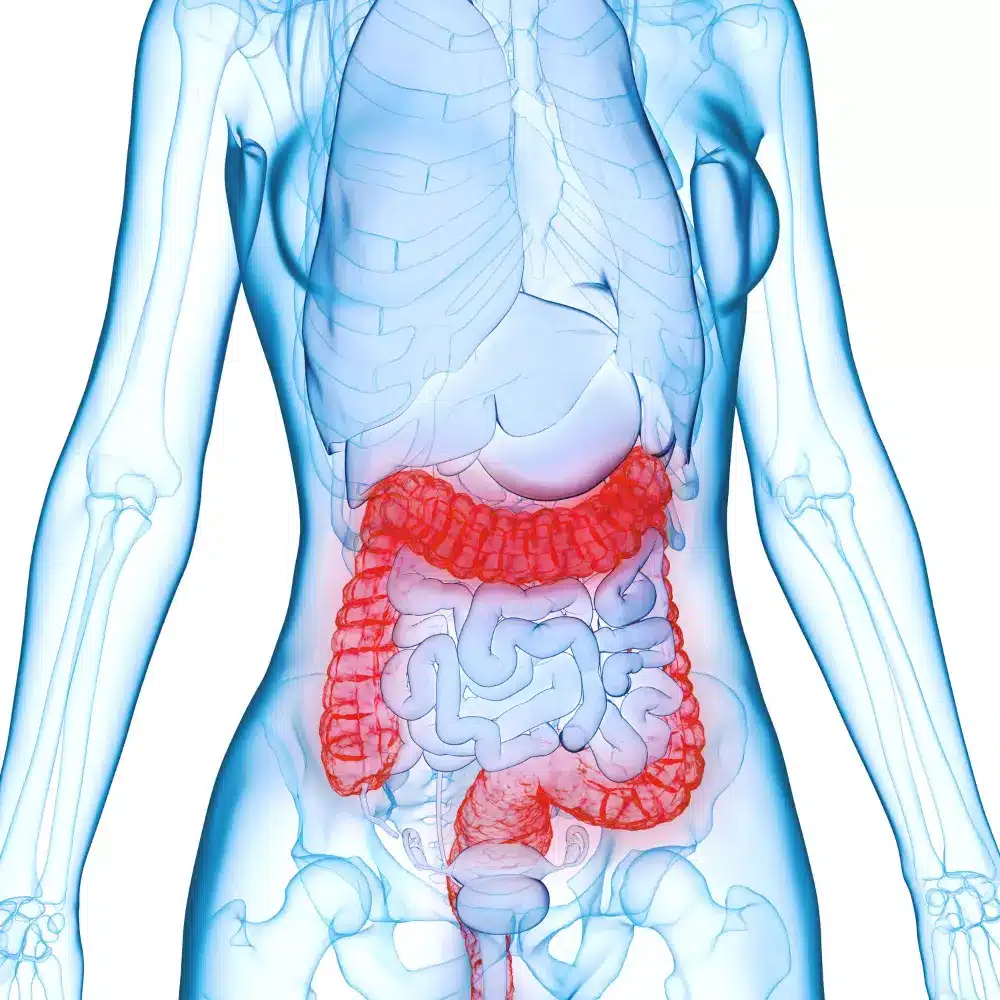Constipation is a common gastrointestinal issue that can affect people of all ages. It occurs when bowel movements become infrequent or difficult, leading to discomfort and other symptoms such as bloating and abdominal pain. While occasional constipation is normal, chronic constipation can have a significant impact on your quality of life. In this guide, we’ll explore strategies to optimize gut health and make informed decisions to alleviate constipation effectively.
Understanding Constipation
Constipation can be caused by various factors, including:
- Dietary Factors: A diet low in fiber and fluids can contribute to constipation. Fiber helps add bulk to stool and promotes regular bowel movements, while inadequate hydration can lead to hard, dry stools.
- Lifestyle Habits: Lack of physical activity, ignoring the urge to have a bowel movement, and changes in routine or schedule can all affect bowel regularity and contribute to constipation.
- Medical Conditions: Certain medical conditions such as irritable bowel syndrome (IBS), hypothyroidism, diabetes, and neurological disorders can predispose individuals to constipation.
- Medications: Some medications, including certain pain relievers, antacids containing calcium or aluminum, antidepressants, and iron supplements, can cause constipation as a side effect.
Alleviating Constipation
- Increase Fiber Intake: Gradually incorporate fiber-rich foods into your diet, such as fruits, vegetables, whole grains, beans, and legumes. Aim for at least 25-30 grams of fiber per day to promote regularity.
- Stay Hydrated: Drink plenty of fluids, especially water, throughout the day to help soften stools and facilitate bowel movements. Limit consumption of caffeinated and alcoholic beverages, as they can contribute to dehydration.
- Exercise Regularly: Engage in regular physical activity to stimulate bowel function and promote digestive health. Even moderate-intensity activities like walking, cycling, or yoga can help alleviate constipation.
- Establish Regular Bathroom Habits: Set aside time each day for a bowel movement, preferably after meals when the digestive system is most active. Avoid delaying or ignoring the urge to have a bowel movement.
- Consider Over-the-counter Remedies: Over-the-counter laxatives, stool softeners, and fiber supplements may be helpful for occasional constipation. However, use them sparingly and under the guidance of a healthcare provider to avoid dependency.
Consult with Merus Gastroenterology for Expert Guidance
At Merus Gastroenterology, our team of experienced gastroenterologists specializes in the diagnosis and treatment of gastrointestinal disorders, including constipation. We offer comprehensive evaluations, advanced diagnostic tests, and personalized treatment plans to address your specific needs and concerns.
Don’t let constipation disrupt your daily life and well-being. Contact Merus Gastroenterology today to schedule a consultation and take the first step toward optimizing your gut health. Our compassionate team is here to support you on your journey to digestive wellness.
Don’t wait to address your constipation symptoms. Take proactive steps to optimize your gut health and improve your overall quality of life with Merus Gastroenterology.









